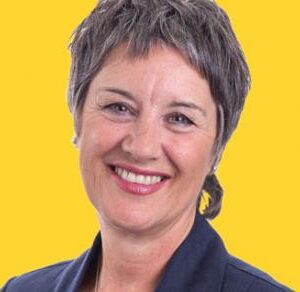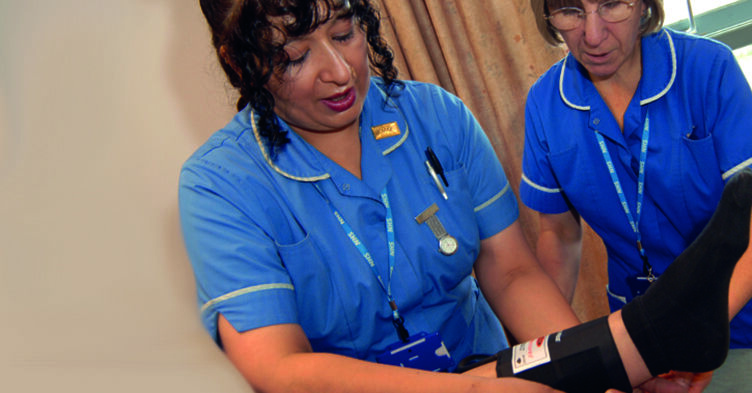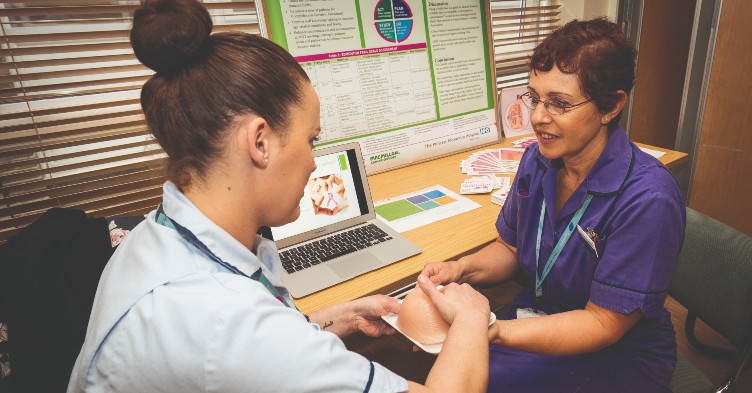Nursing titles are a minefield, writes Marilyn Eveleigh, but with the current workforce crisis, is it time for registered nurses to put their foot down?
Over a decade ago, I wrote about the plethora of nursing job titles used in one copy of the Nursing Times job section that listed 24 different nursing posts.
These included nurse practitioner, advanced nurse practitioner, lead practitioner, nurse specialist practitioner, specialist nurse, nurse specialist, clinical lead, lead nurse, team leader, nurse adviser, nurse manager, care programme approach facilitator, senior staff nurse, sister, matron and modern matron. Whew. I readily admitted confusion.
With an anticipated increase in specialisms, roles and independent healthcare providers, I predicted we would have even more varied and confusing titles. And so it has come to pass: a recent UK university study of nearly 18,000 NHS specialist nursing posts revealed 585 different job titles being used.1
What I hadn’t foreseen was the use of unqualified workers using nursing titles. The same study showed that out of over 8,000 jobs labelled as ‘advanced’ roles, 323 (4%) were held by workers who were not registered with the Nursing and Midwifery Council (NMC).
The posts were paid at band 3 or 4, and the majority used titles such as advanced practitioner, specialist practitioner and advanced nurse practitioner.
They were found mainly in emergency care, pre-assessment, theatre and cancer services and were most prevalent in London and North East England.
This is unfortunate, but not surprising. As there is no UK regulation of nurses working at an advanced level, individual employers and postholders determine these titles, regardless of salary or training.
Is this worth a fuss? The study’s authors suggest there is a risk to patient safety and public confidence in the nurses, where professional job titles (and roles) are being applied to unqualified workers.
Certainly those pioneering advanced practitioner nurses who have taken on extended training and responsibilities have called vehemently for the regulation of advanced nursing practice over past years.
Globally, nurses providing an advanced role are expected to prescribe, manage a caseload and have a master’s degree qualification.
As a nurse, if I’m not clear about the role and responsibility invested in a title, how can I expect other clinical colleagues – and more importantly, patients, carers and the public – to do so? Increasingly, the word ‘practitioner’ seems to cover a multitude of roles.
This ranges from diabetes practitioner, advanced dermatology practitioner or scrubs practitioner who may, or may not, be professionally qualified – to nurse practitioner or GP, who are most definitely qualified and regulated.
Indeed, the title ‘nurse’ is already widely applied to, and used by, unqualified healthcare support workers – and yet the titles ‘doctor’ or ‘police officer’ are not inappropriately used by organisations and the public. Why is this?
Why do nurses rarely protest over, or correct the misuse of the word ‘nurse’? Are we too polite, too preoccupied or too tired to bother?
With the nursing workforce crisis we are facing, the consequent increasing use and remit of healthcare assistants, nursing associates, assistant practitioners and support workers means the confusion over title and role, and the potential risk that breeds, could become greater.
Reference
1 Leary A. Variations in Job Titles within the Nursing Workforce. Journal of Clinical Nursing 2017; epub ahead of print








